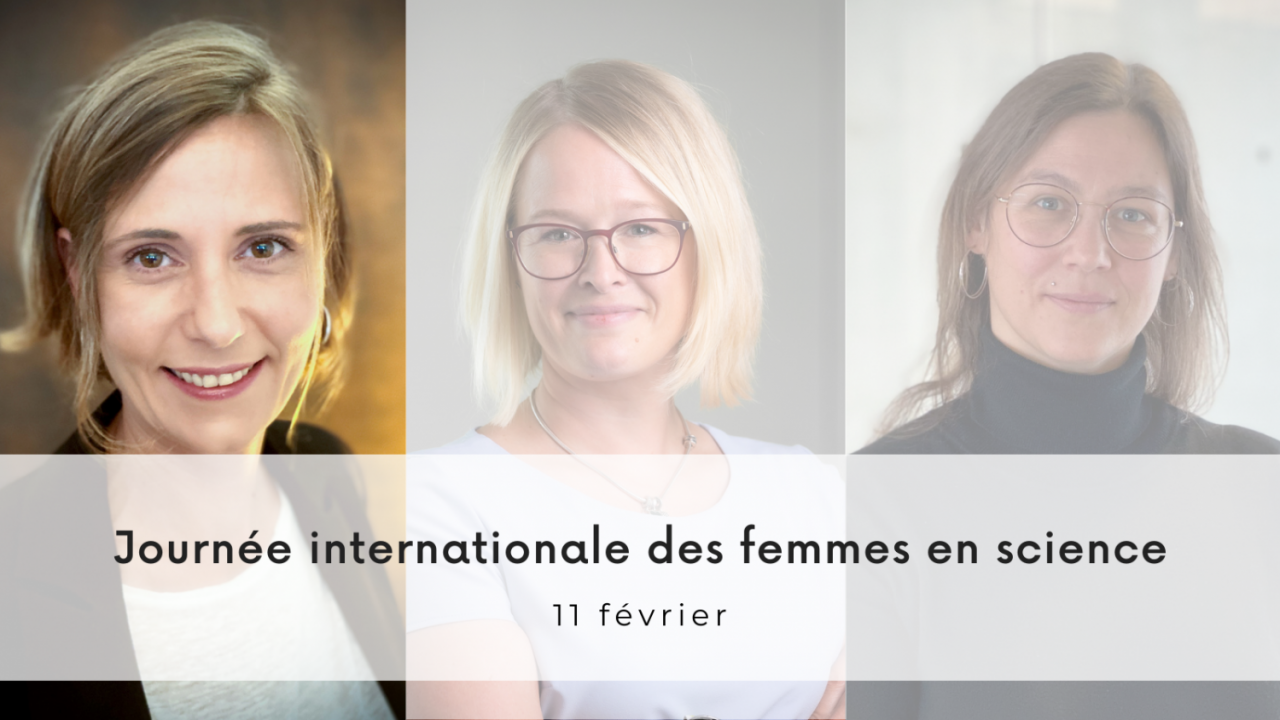- The Laboratory
- Organization
- Departments
- Jobs
- Analysis book
- Contact
- News
- Publications
- Download



Within the framework of the International Day of Women and Girls in Science, we have the pleasure to present you representatives of this female excellence at the LNS, who give us an insight into their work in the following three interviews, telling us what is particularly important to them in their field and how they see the role of women in science. Here the profile of Dr. sc. Elizabet Petkovski, in charge of the forensic genetics service of the Department of Forensic Medicine at the LNS.
I arrived 10 years ago, coinciding with Luxembourg’s decision to create its logistical forensic identification laboratory. I was involved in designing and setting up the DNA identification service from the outset. I am currently in charge of the service and forensic expert in forensic DNA identification. The unit is in charge of carrying out expert assessments based on molecular biology tools, in order to provide objective elements within the framework of legal cases, such as the determination of human genetic fingerprints or DNA genetic profiles. We act upon the request of the Luxembourg judicial authorities.
I studied in Strasbourg and obtained an engineering degree in Biotechnology from the Strasbourg School of Biotechnology and a Doctorate in Molecular and Cellular Biology from the Université Louis Pasteur. During my studies, Professor Ludes from the Faculty of Medicine came to give a presentation on genetic identification applied to forensics. This contributed to my desire to participate in a scientific, objective, unemotional and unaffected way (which is particularly important) in the establishment of the truth, and to work hand in hand with other fields of investigation in righting wrongs.
With regard to my environment, I would categorically answer no to the question of differences with my male colleagues. However, it is clear that throughout the world, there are still certain regions where sexism is persistent. On a personal note, I do not feel it in my daily life. I have never been favoured or hindered because I am a woman. Clearly, some professions are more or less adapted to the male and female genders, but these are professions that require physical abilities to meet the requirements of the job (carrying heavy items for example). Women may also have a different level of sensitivity or emotion than men, but I don’t think this confers a higher or lower quality. Sometimes it’s just different points of view. In our department there is one male and three female technicians who were recruited on the basis of their skills. There are differences in character related to people, but not to gender.
I don’t think that it can be said that women are better scientists. For me, a scientist is defined by their scientific qualities, by the recognition of their peers, by the persistence, quality and detail of their research. In the face of science, we are all equal.